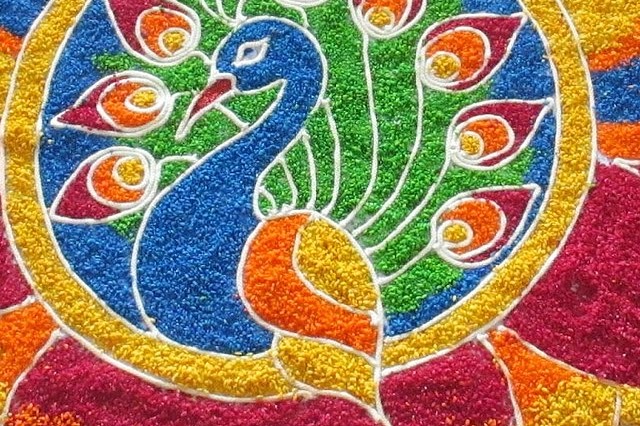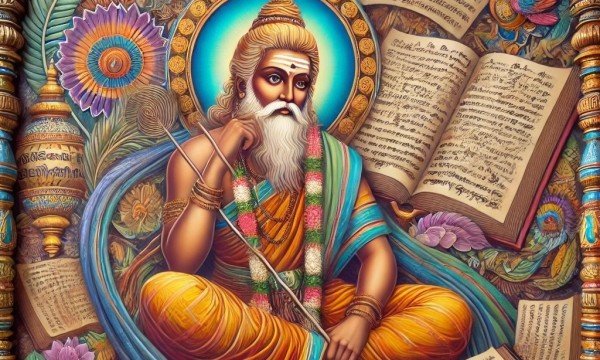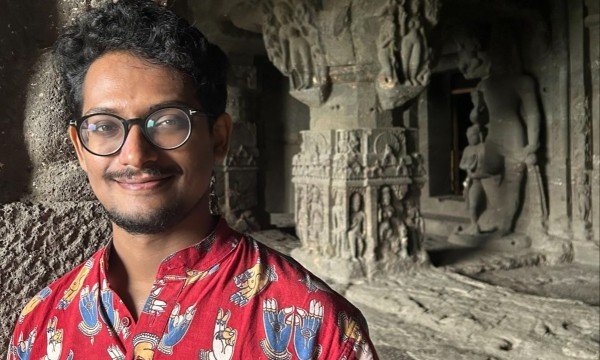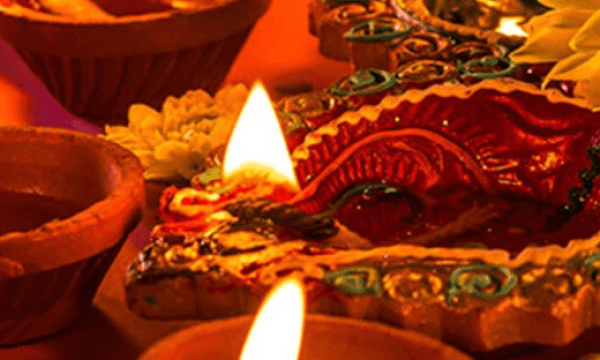
The topic of when ancient Tamils celebrated Tamil New Year is the most confusing historical topic that I have researched so far! To be honest, I am still a bit confused. But, this shows the importance of documenting our history for future generations. I have tried to break down the research by analyzing both sides. I’ll let you decide which one makes more sense. Ready?
Meet your match at myTamilDate.com!
Let me start by saying that Tamil ancestral festivities have largely been about celebrating nature and seasons. There is no doubt that both Thai (January) and Chithirai(April) are special months for Tamils.
In terms of literary references for Chithirai, proponents point to “Malaipadukalam,” a poem which states that Tamil new year begins when the pterocarpus (venkai) plant starts blooming, which is in April. Proponents also claim that there are literary references that indirectly state that the sun leaves Pisces and enters the first zodiac sign Aries (medam) usually on April 13th or 14th which marks the beginning of Tamil New Year. As a counter argument, opponents argue that the names of the zodiac signs are in Sanskrit (which Tamil New Year is based on) so we can’t claim April to be our new year. However, some scholars argue that Tamil names have changed over the years into Sanskrit. For example, “medam” has been changed to “mesha raasi” over time.
Other scholars argue that as Thai has been the most celebrated month in Tamil literature (e.g. Thai niraadal and Pongal) it is likely that the month of Thai is Tamil New Year. Moreover, they question why there is no major festival like Pongal in Chithirai if that is new year. Proponents of Chithirai state that Tamil ancestors just never had a habit of celebrating new year as a festivity, similar to how ancient Tamils did not have a habit of celebrating wedding anniversaries.
Moreover, proponents for Thai argue that in 1935 many Tamil scholars gathered and unanimously agreed that Thai is the Tamil New Year. Interestingly, some scholars argue that there is no evidence that this conference actually occurred.
Now do you believe me when I say this is so confusing? I think what’s clear is that both Thai and Chithirai have been special months for Tamils. I think what this shows is that we must continue documenting our heritage for future generations.
When do you celebrate Tamil New Year? Have your views changed over the years?
Sources: ***Please note that it was really difficult to find authentic sources. ***
-
தமிழ் புத்தாண்டு சித்திரை 1-ஆ? தை 1-ஆ? | இரா.மன்னர் மன்னன் | பேசு தமிழா பேசு (I usually don’t rely on youtube but this interview by a Tamil scholar points to authentic sources)
-
'Thai' or 'Chithirai', When Is the Tamil New Year? By Archana R
-
சங்க இலக்கியங்களில் தமிழ்ப்புத்தாண்டு by LifeofThamizha
-
சித்திரைதான் தமிழ் புத்தாண்டு : இலக்கியம், கல்வெட்டு, வரலாற்று ஆதாரங்களை பட்டியலிடுகிறார் ஆய்வாளர் by Dinamalar
To learn more about ancient Tamil customs and practices follow @whatthepottu.

























